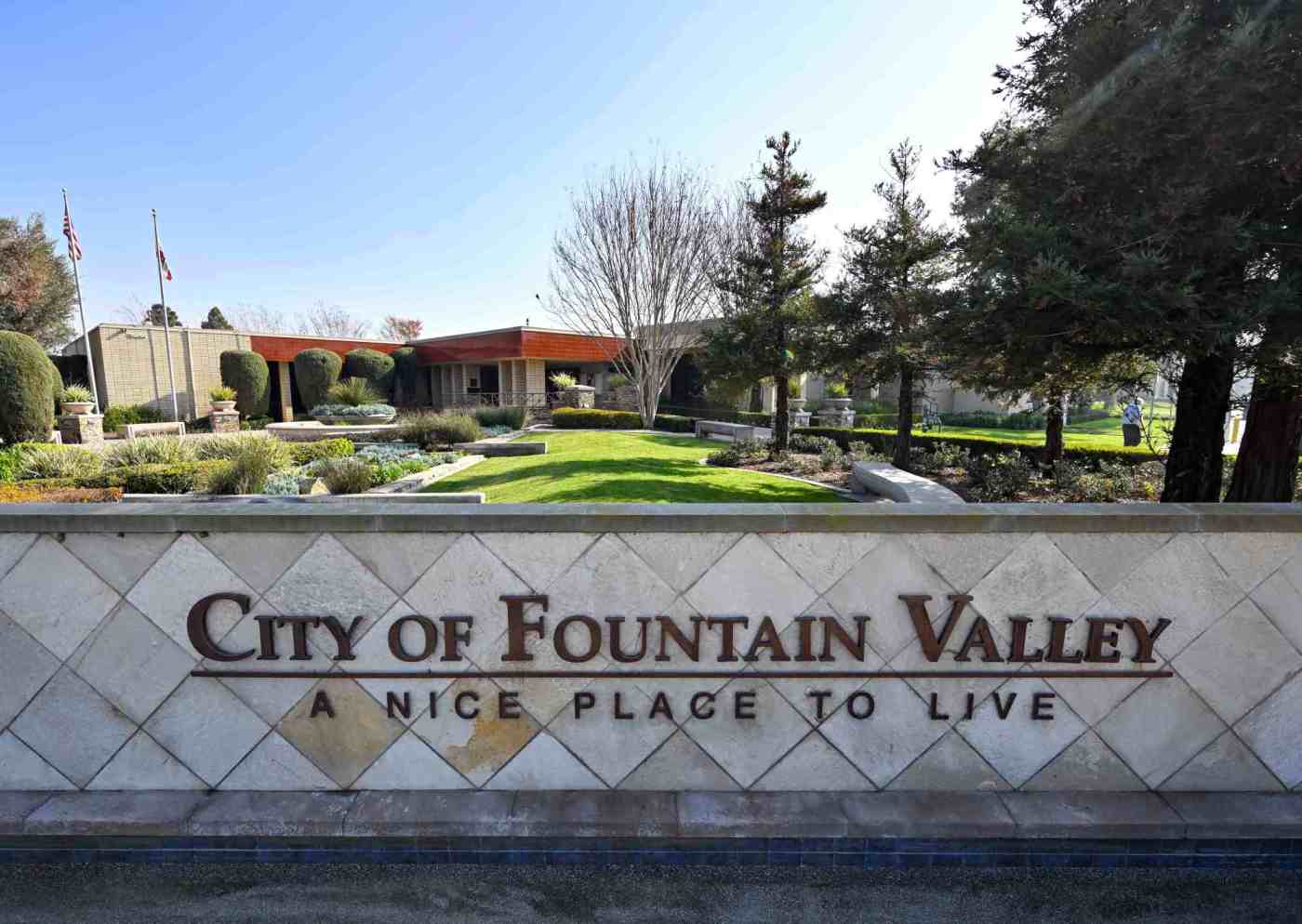In what one councilmember described as “the biggest decision the city has made since its beginning” in 1957, the Fountain Valley City Council has decided to put becoming a charter city to a public vote.
Fountain Valley currently operates as a general law municipality bound by state laws. Adopting a charter, or a city constitution, could give Fountain Valley more autonomy over local affairs related to land use and development, city elections and how tax dollars are spent. But charter cities are sometimes more vulnerable to additional legal costs for taxpayers.
This week, a divided council decided the idea of becoming a charter city was worth putting on the November 2026 ballot for voters to decide next year, with Councilmember Glenn Grandis and Councilmember Kim Constantine opposed.
“I don’t think there are any downsides to becoming a charter city,” Councilmember Patrick Harper said in favor of the proposal brought to the dais by Mayor Ted Bui. “I think there are only upsides, although the upside is more theoretical than something you can put your finger on. SB 9 is one item that’s out there right now.”
Senate Bill 9 allows homeowners to split a single-family lot into two parcels and to build two units on each parcel. Last year, five charter cities — Carson, Del Mar, Redondo Beach, Torrance and Whittier — won a ruling from the Los Angeles County Superior Court that the housing rule did not apply to those cities.
Currently, the ruling only applies to the five petitioner cities, but should it be appealed or expanded to other charter cities, being chartered could give Fountain Valley greater control over zoning and planning, officials said.
In California, 121 of 482 cities have adopted a charter, including 10 of varying sizes in Orange County, including Anaheim, Cypress, Irvine, Newport Beach and Huntington Beach. And Fullerton leaders are also considering charter city status, having created an ad hoc committee in June to draft a charter for voters to consider later.
Grandis, the most vocal opponent of the proposal, said he has yet to see the “tangible” benefits of becoming a charter city. He added that some charter cities spend “millions of dollars” on legal costs in their efforts to challenge state laws.
Fountain Valley’s neighbor, Huntington Beach, which adopted its charter in 1937, was referenced multiple times during the meeting as an example of such. Earlier this week, on Monday, Nov. 3, the state won an appeals court case against the city over proposed local voter ID requirements. And last month, the state ruled against Huntington Beach’s plan to restrict minors from accessing books with perceived sexual content in the city’s libraries.
During the Fountain Valley council meeting, three dozen or so constituents took to the podium to give input on the prospect of becoming a charter city, with the vast majority opposed.
Fountain Valley resident Mike Monahan voiced a concern shared by many speakers.
“We have not seen a plan, a cost of benefit. I’m sure there will be hundreds of thousands of dollars before we even get to legal costs. There doesn’t seem to be any benefit at all,” Monahan said.
The council’s next step is to direct staff regarding a method to draft a charter. The council could vote to elect a charter commission of 15 people to write the charter.
Or the councilmembers could proceed with writing the charter themselves, soliciting input from an ad hoc committee or advisory group.
And after drafting the charter, the council must then hold at least two public hearings, at least 30 days apart, before submitting the charter to the OC Registrar of Voters.
A simple charter is expected to cost $20,000 in legal costs, plus internal staff time, which has yet to be budgeted for, according to city officials.
The cost of adding a charter measure on the 2026 ballot is estimated to be between $8,500 to $17,000.
